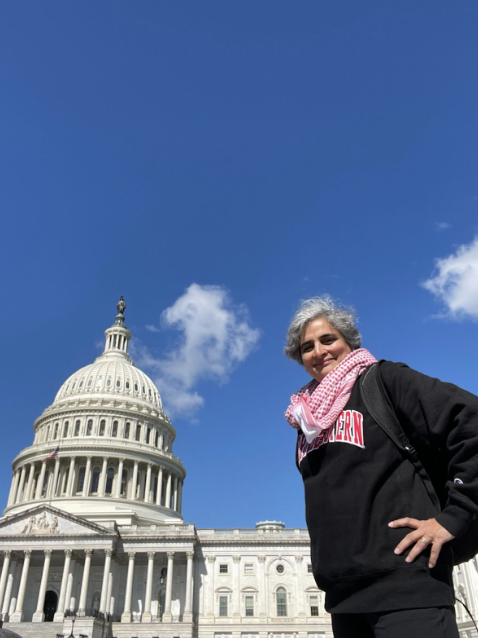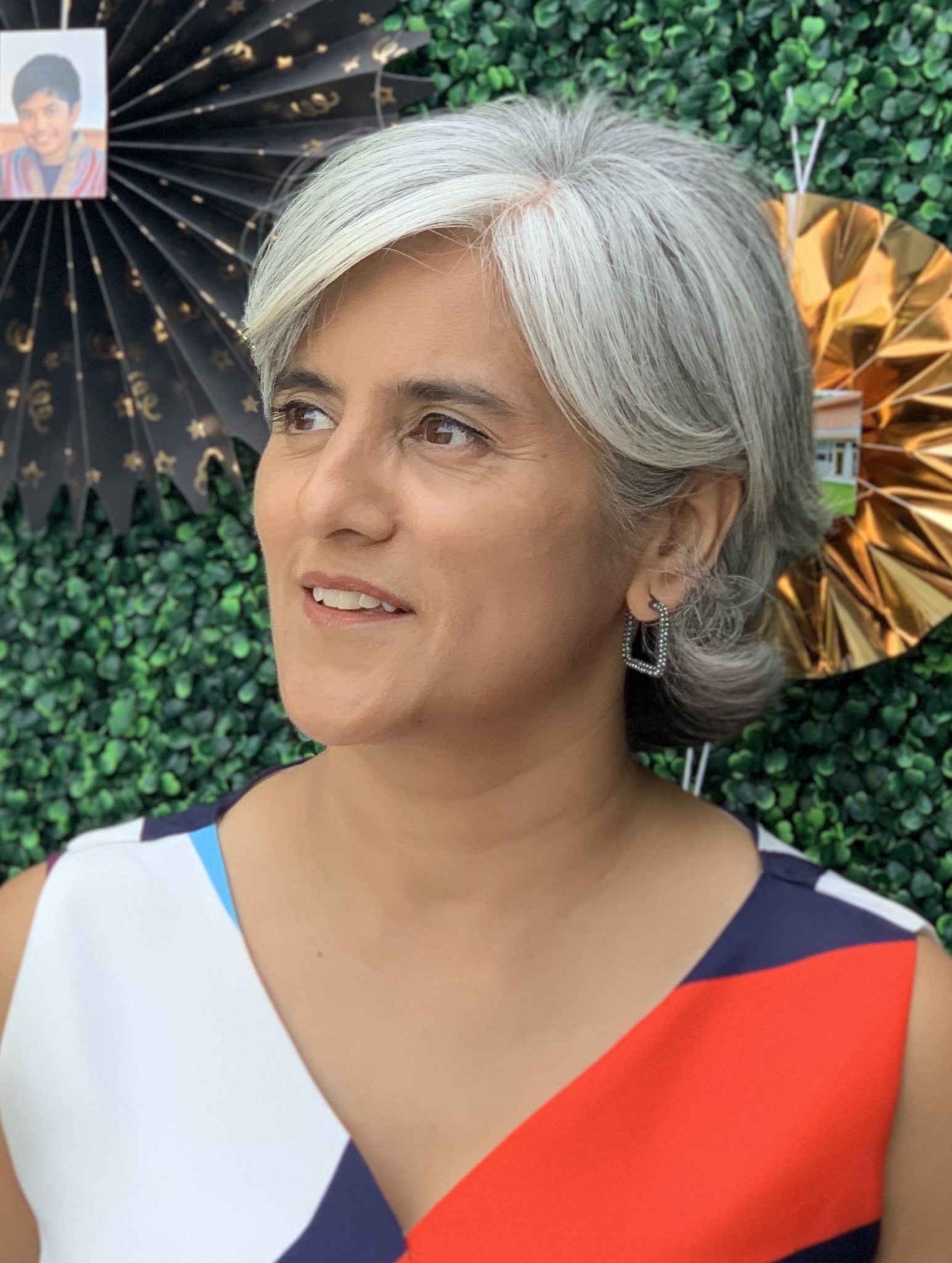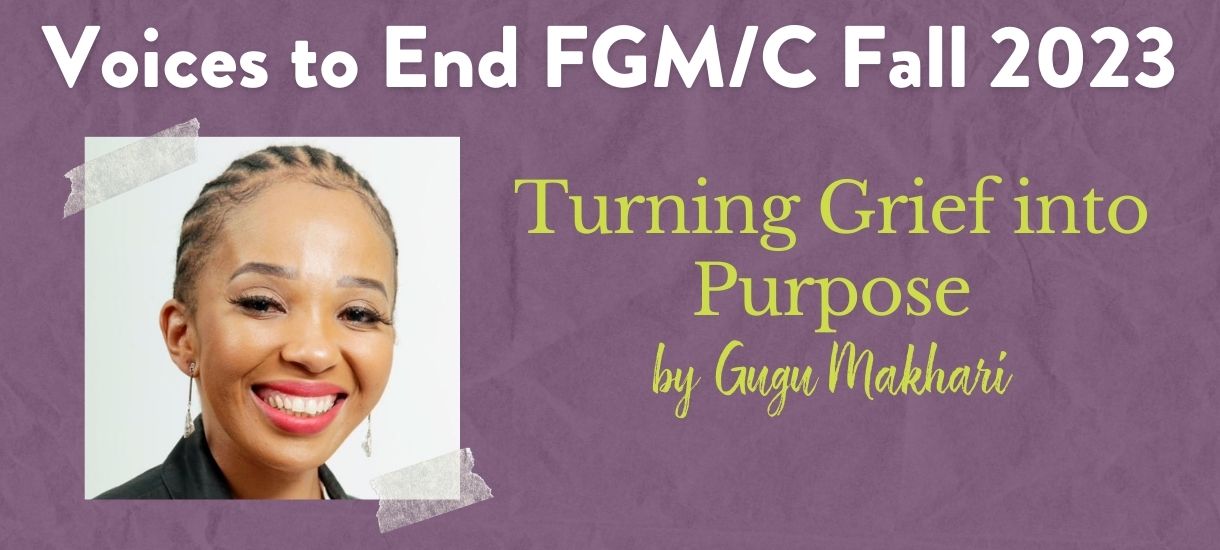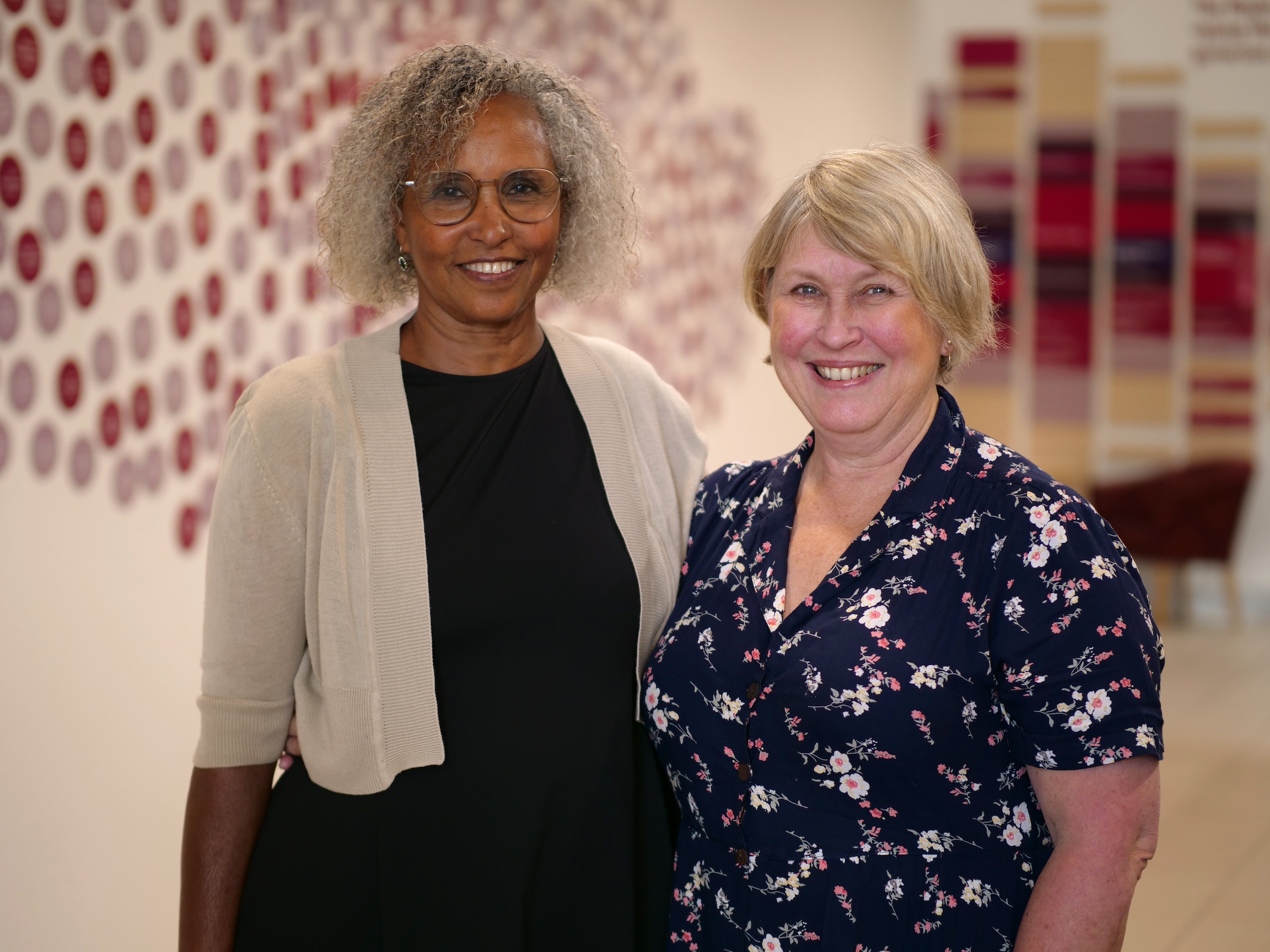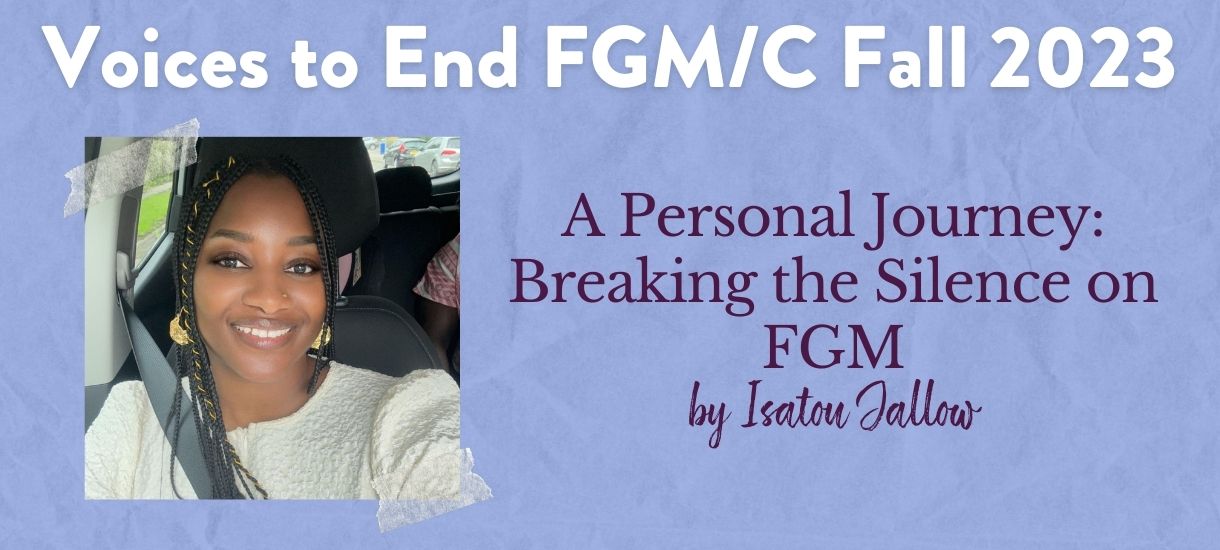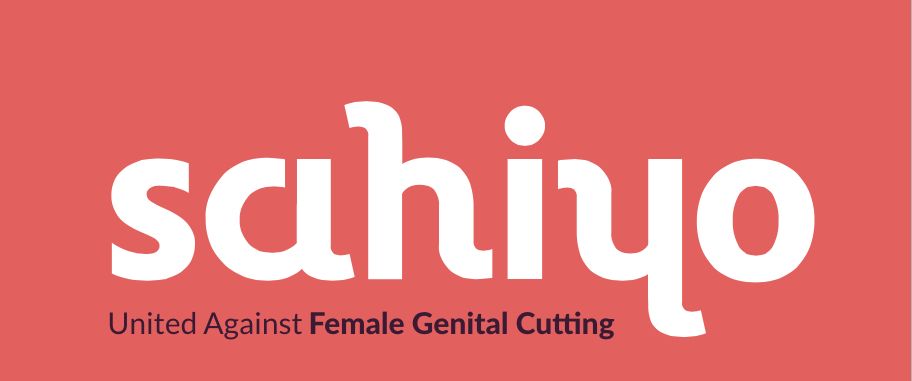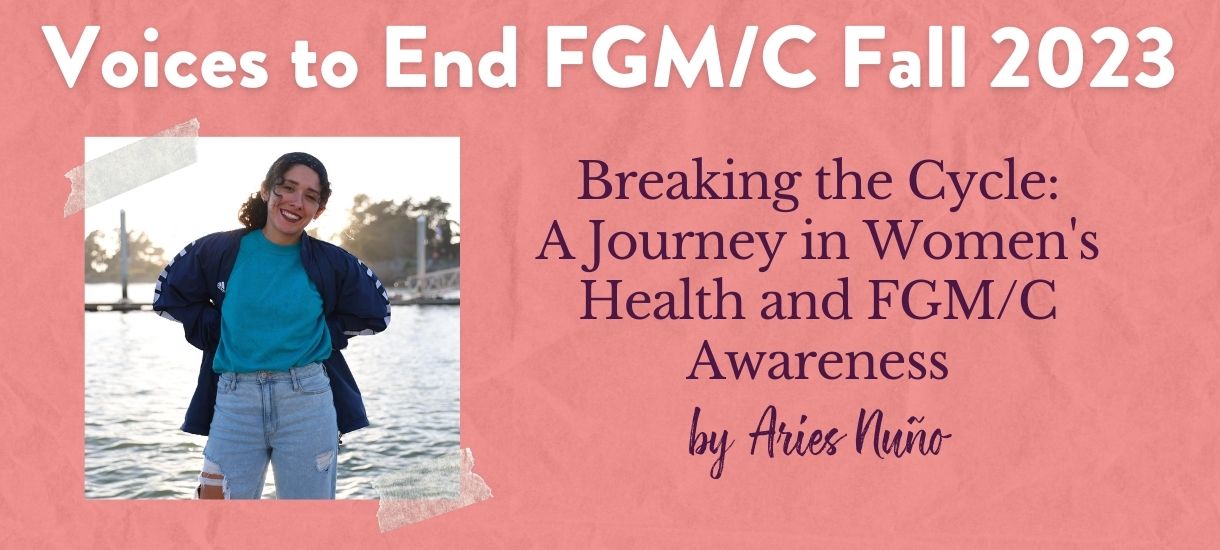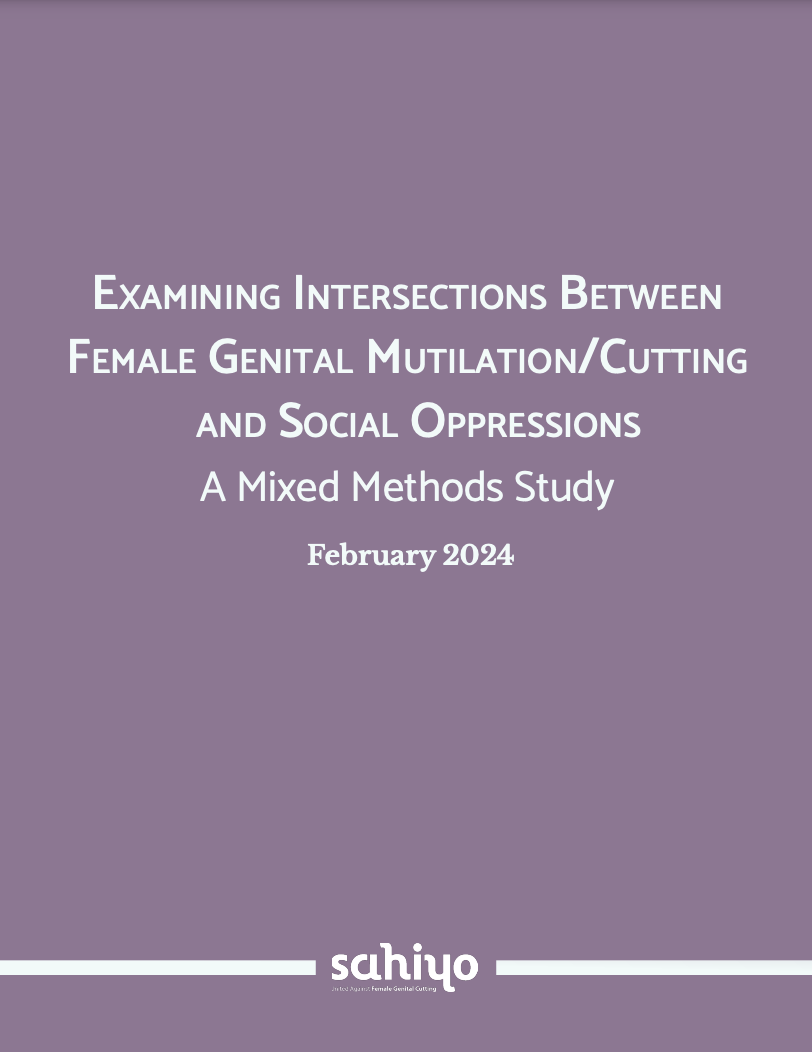Sahiyo U.S. will host its second annual Women's Day Celebration & Silent Auction with the goal of raising $15,000 in support of our work to end female genital cutting. The auction will open on Wednesday, March 6th, 2024 and close on Sunday, March 10th, 2024. During this five-day fundraising event, we'll celebrate women's voices with comedy, video spotlights, stories, and entertainment. We’re incredibly grateful to all of our generous sponsors and supporters who have contributed some wonderful auction items. To uplift their work and thank them, we’re highlighting a few and why they support Sahiyo as a part of larger series. And if you, too, would like to contribute in some way, click here to donate auction items, money, or sponsor the event.
Yesterday, we profiled Zehra Patwa. Today, we’d like to introduce our second donor: Kaneez Madraswalla. Kaneez is Sahiyo’s U.S. Advisory Board Member and a trained lawyer. She works as the Vice-President of Compliance at QBE North America, where she also co-leads the QBE Women’s Initiative Network. Kaneez believes that participating in volunteer work allows individuals to contribute meaningfully to their communities while fostering personal growth, empathy, and empowers women to support and uplift each other, and is passionate about embodying this in her involvement with Sahiyo and other activism.
When and how did your involvement with Sahiyo first begin?
I first became aware of Sahiyo and its mission through my conversations with a Board member, Zehra Patwa, almost ten years ago.
Why did you decide to become a donor for Sahiyo’s Silent Auction? What does giving to Sahiyo mean to you?
As a newly inducted Board member, I wanted to make an impact by raising awareness of the issue and normalizing conversations surrounding the mission of Sahiyo.
Giving to Sahiyo represents a commitment to ending a harmful practice, supporting survivors, empowering women and girls, and advocating for positive change in communities affected by FGC – especially the Dawoodi Bohra community, of which I am a member.
What did you donate or contribute?
I am hosting a watch party at my home with an expected attendance of 30 people.
How would you like to see your donation help Sahiyo grow?
While I understand the money raised will help Sahiyo programming and outreach, I am most excited about raising awareness of this issue and introducing others to Sahiyo and its work.
Why do you think others should donate to Sahiyo?
One of the things I look for when I donate to an organization, other than its mission, is to see the direct impact my contribution has and what it means to the organization. Sahiyo is a small, grassroots organization where every dollar counts. It is spearheaded by folks who are so very passionate about Sahiyo's mission and are deeply committed to making a difference!
Related:

